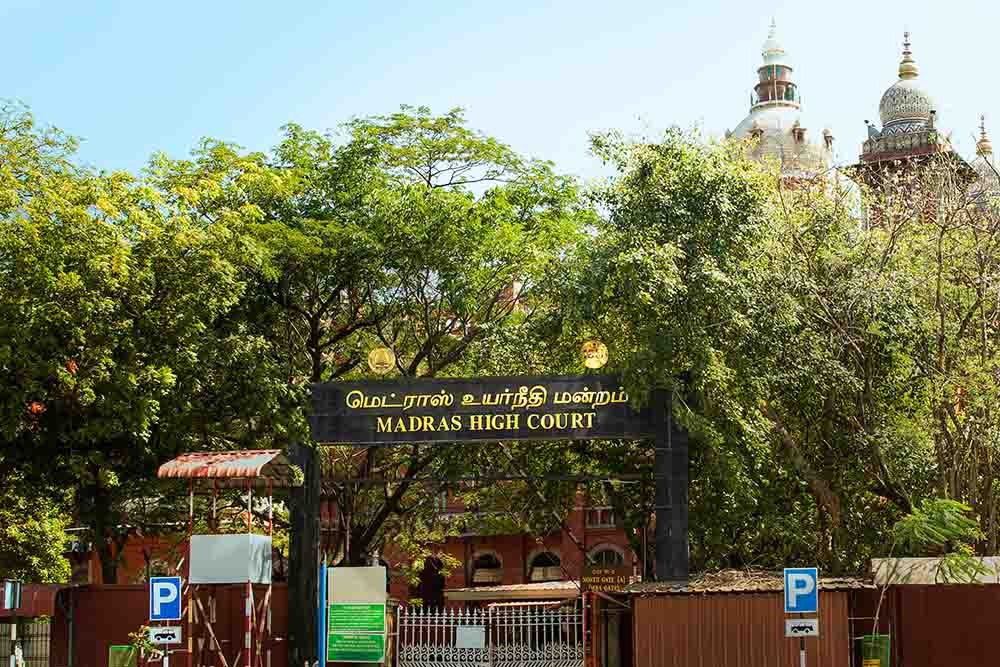The Madras High Court recently dismissed a petition challenging the appointment of a woman, B Saranya, as Panchayat Secretary. The petitioner, G Mayakannan, argued that Saranya, having moved to her husband's place after marriage, no longer qualified as a local resident required for the position.

Challenging Misconceptions About Married Women's Residency
Justice RN Manjula, in her ruling, rejected this argument, emphasising that a woman does not automatically forfeit her residential rights at her parents' house due to marriage. The court highlighted that marriage does not impose any condition requiring a woman to cut ties with her native place. Even if a married woman shifts her name from her parents' ration card to her husband's, it does not signify a permanent closure of her residential status at her parental home.
The court pointed out that in today's world both men and women,often move to various places for education or employment, but still consider their native place as their permanent residence. It dispelled the notion that a married woman abandons her native home entirely, emphasising that a woman can choose to live between her natal and marital homes based on employment, business, or personal preferences.

Court's Rejection: Upholding Saranya's Eligibility
The court also considered Saranya's submission of legal notices regarding ongoing marital discord, stating that these personal facts should not have been compelled for disclosure in the context of the petition.
Overcoming Patriarchal Notions
Justice Manjula asserted that a woman's choice to exercise residential options at her natal home should not be viewed through a patriarchal lens, and she should not be denied residential status there. The judge concluded by highlighting that a woman may turn to her parental home for various reasons, and her will to exercise residential choice should be respected without prejudice.
